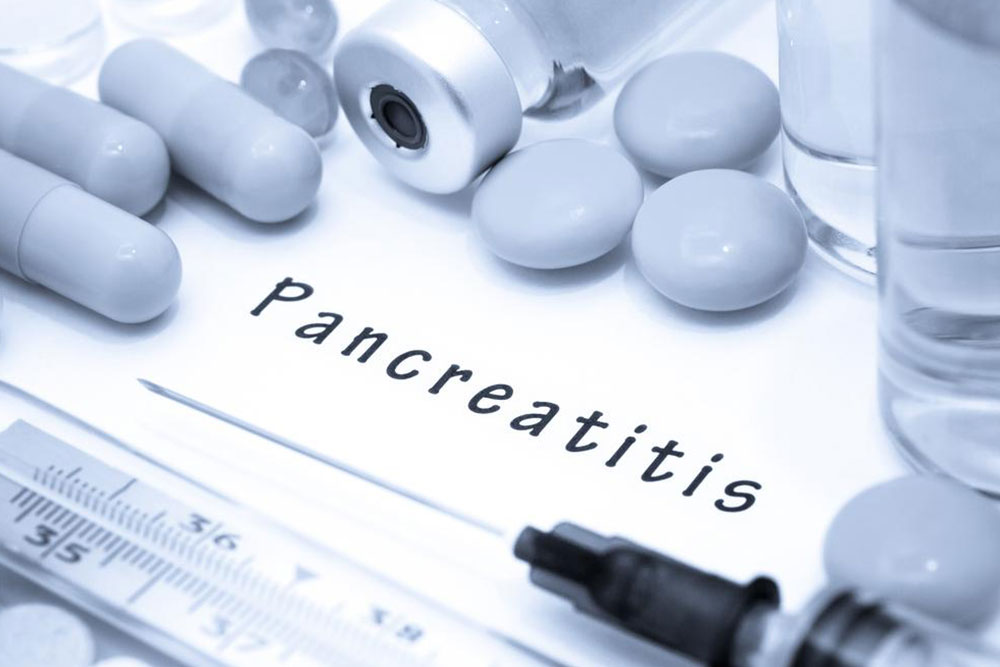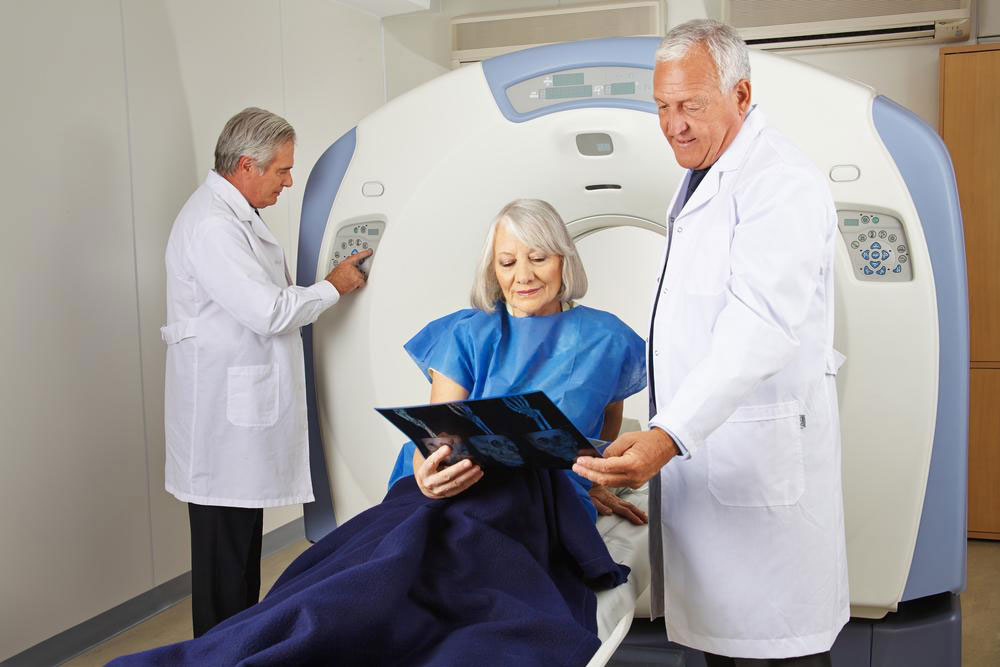Understanding Prostate Cancer: Symptoms, Diagnosis, and Treatments
Prostate cancer is a common condition affecting men over 50, with symptoms like urinary issues and bone pain. Early diagnosis through PSA tests, exams, and imaging is essential for effective treatment. Therapy varies from surgery and radiation in early stages to chemotherapy for advanced cases. Ongoing research aims to improve outcomes, emphasizing the importance of regular checkups for at-risk men.

Understanding Prostate Cancer: Symptoms, Diagnosis, and Treatments
Prostate cancer is increasingly prevalent among men across different age groups, especially after 50. While the exact cause remains unknown, factors such as genetics, high consumption of red meat or fatty dairy, and obesity may contribute to its development.
Signs and Symptoms
Early warning signs include frequent urination, difficulty urinating, blood in urine, pain during urination, and erectile issues. Advanced stages may involve bone pain in the hips, spine, or femur.
Diagnosis
Early detection significantly improves prognosis, with treatments such as hormone therapy and radiation offering high survival chances. PSA blood tests, digital rectal exams, urine, tissue, and blood biomarker analyses help identify prostate cancer before it spreads. Imaging tests like MRI, CT scans, and tissue biopsies are used for advanced cases.
Treatment Options
The stage of cancer determines therapy. Early-stage prostate cancer may be treated with surgery, including robotic procedures, or brachytherapy involving radioactive seeds. Hormone therapy and radiation are common initial treatments. Advanced cancer may require chemotherapy and androgen deprivation therapy to prevent spread to bones and other organs.
Ongoing Research
Research worldwide continues to explore prostate cancer, focusing on hormone treatments and lifestyle factors like obesity and medication misuse, which may influence risk. Regular checkups after age 50 are crucial, especially when urinary irregularities or other symptoms appear. Early detection through consultations can significantly improve outcomes.










